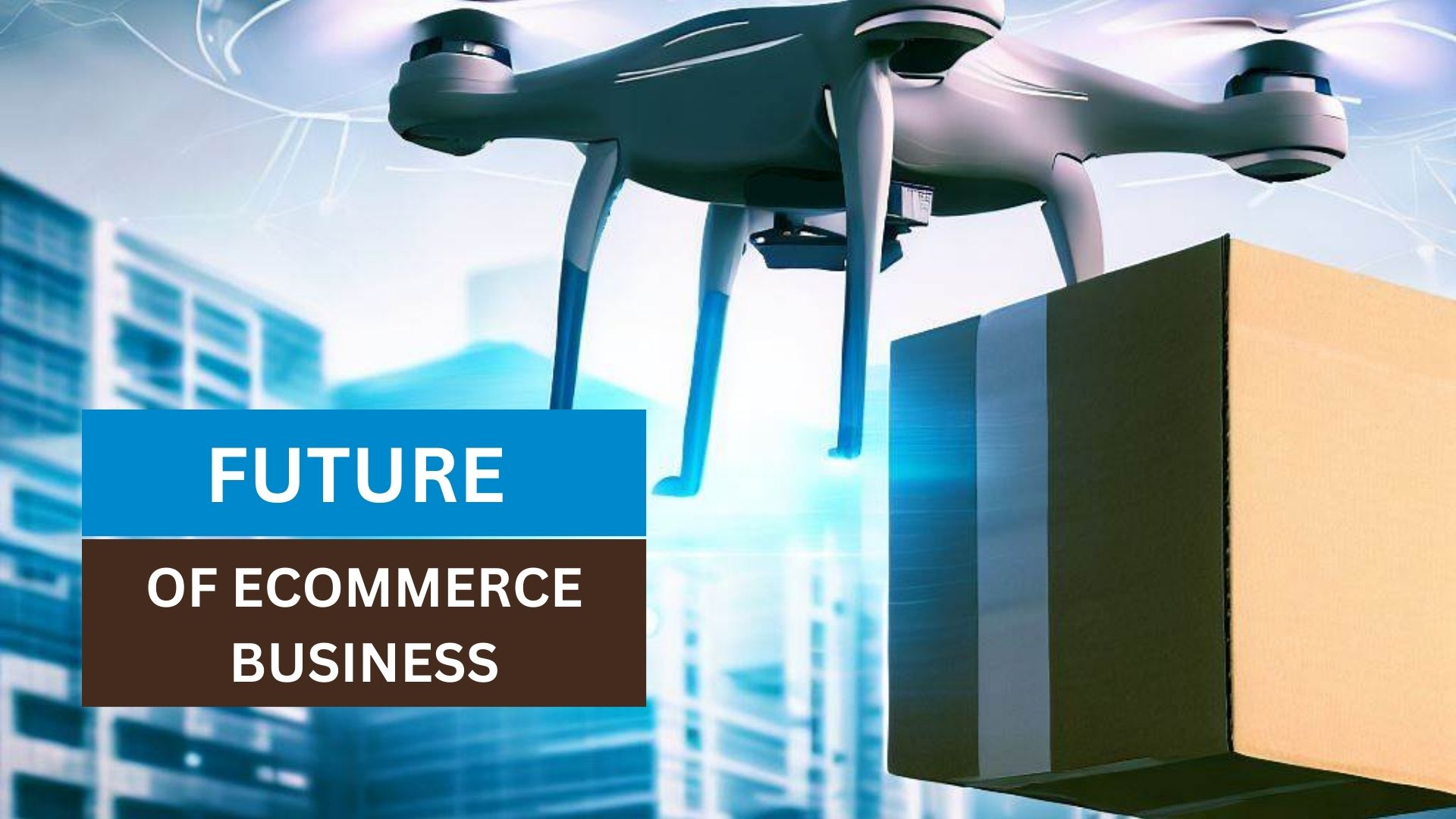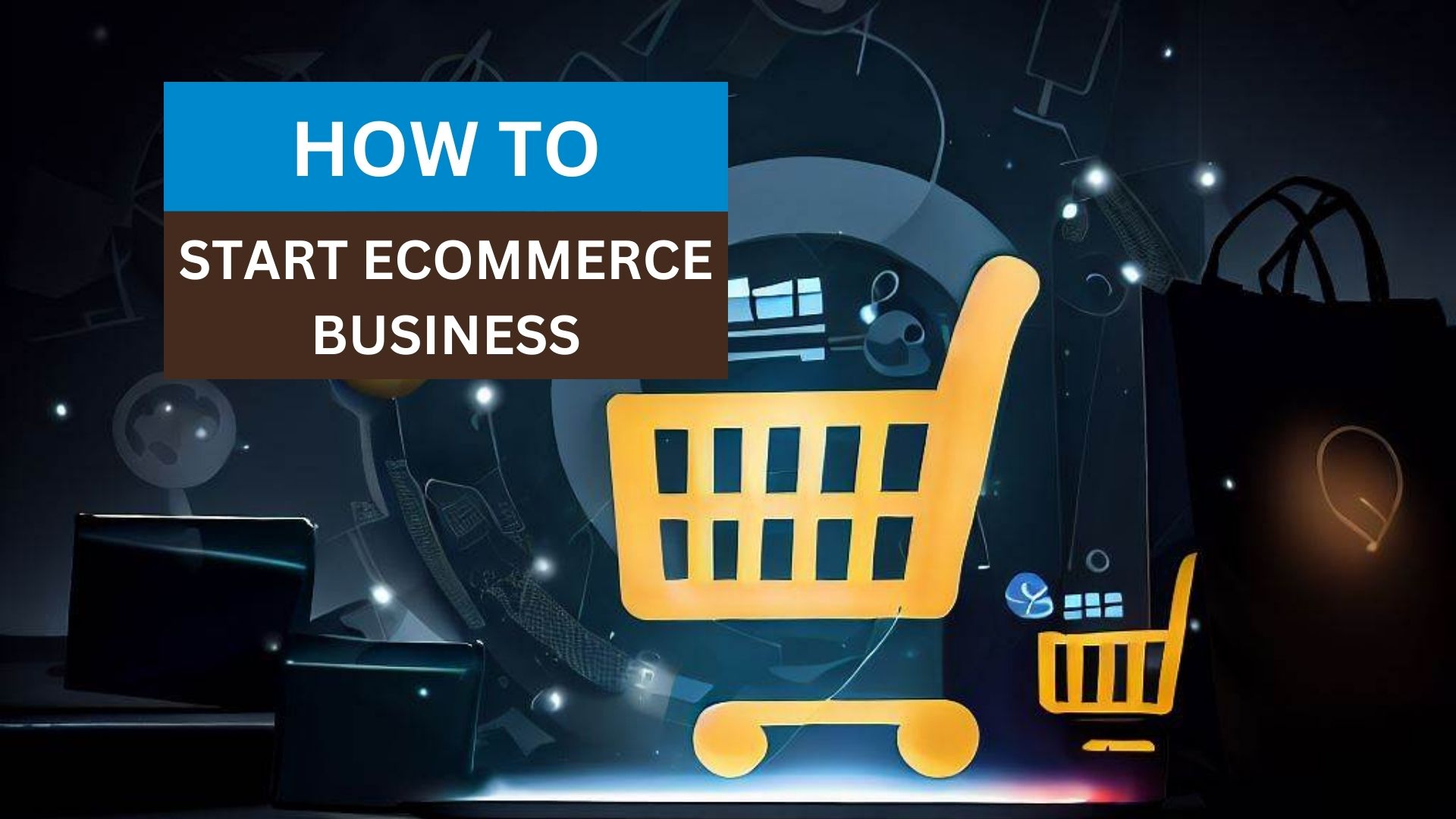What is the future of ecommerce business?
The rise of the internet has revolutionized the way we live, work, and connect with one another. Among the many areas that have experienced significant transformation, ecommerce stands out as a game-changer. With the advent of online shopping, consumers can browse, compare, and purchase products with just a few clicks, all from the comfort of their homes. As we step into the future, the world of ecommerce is poised to undergo even more remarkable changes, redefining the shopping experience and reshaping industries. In this article, we will explore the exciting possibilities and trends that lie ahead for the future of ecommerce.
Mobile Commerce
In recent years, mobile devices have become an integral part of our lives. With the widespread adoption of smartphones and tablets, consumers have embraced mobile shopping as a convenient and efficient way to make purchases. This trend is only set to intensify in the future, as mobile commerce takes center stage. Retailers will focus on optimizing their websites and apps for mobile devices, providing seamless and personalized experiences. Additionally, technologies such as mobile wallets and contactless payments will further streamline the checkout process, enhancing the overall convenience of mobile shopping.
Role of Augmented Reality (AR) and Virtual Reality (VR)
Imagine being able to try on clothes virtually or visualize furniture in your living room before making a purchase. With the advancements in augmented reality (AR) and virtual reality (VR) technologies, this is becoming a reality in the ecommerce space. AR and VR have the potential to transform the shopping experience by allowing consumers to interact with products in a more immersive way. Whether it’s virtually trying on makeup, test-driving a car, or exploring a virtual store, these technologies will provide an engaging and personalized shopping experience, bridging the gap between online and offline retail.
Personalization and AI-Driven Recommendations
In the future, personalization will be the key to capturing the attention and loyalty of consumers. Artificial intelligence (AI) will play a crucial role in enabling personalized shopping experiences. By leveraging vast amounts of data and machine learning algorithms, ecommerce platforms will be able to analyze customer preferences, browsing history, and purchase behavior to provide tailored product recommendations. Whether it’s suggesting complementary items or offering personalized discounts, AI-driven recommendations will enhance customer satisfaction and drive sales.
Voice Commerce and Smart Assistants
As voice recognition technology continues to advance, voice commerce is poised to become a significant player in the future of ecommerce. Virtual assistants such as Amazon’s Alexa, Apple’s Siri, or Google Assistant are already becoming popular shopping companions, allowing users to add items to their shopping carts or place orders using voice commands. With the increasing integration of smart speakers and voice-activated devices in our homes, voice commerce will simplify the shopping process and offer a hands-free experience for consumers.
Sustainability and Ethical Shopping
In recent years, consumers have become more conscious about the environmental and social impact of their purchasing decisions. This trend will continue to shape the future of ecommerce, with sustainability and ethical shopping taking center stage. Retailers will need to prioritize sustainable practices, such as eco-friendly packaging, carbon-neutral shipping, and responsible sourcing. Moreover, transparency in the supply chain will be crucial, as consumers will demand to know the origin and production process of the products they buy. Ecommerce platforms will play a vital role in providing information and certifications that empower consumers to make ethical choices
Drone Delivery and Autonomous Vehicles
Last-mile delivery has always been a challenge for ecommerce. However, the future holds exciting possibilities in the form of drone delivery and autonomous vehicles. Companies like Amazon and Walmart have already experimented with drone delivery systems, aiming to reduce delivery times and costs. Autonomous vehicles, both on the ground and in the air, have the potential to revolutionize the logistics industry, making same-day or even same-hour delivery a reality. These innovations will not only improve efficiency but also enhance customer satisfaction by offering fast and reliable delivery options.
Social Commerce and Influencer Marketing
Social media platforms have become powerful marketing tools, and in the future, they will play an even more significant role in ecommerce. Social commerce, the integration of shopping functionalities into social media platforms, will allow consumers to discover, explore, and purchase products seamlessly. Influencer marketing will continue to thrive, as social media influencers become trusted sources of recommendations and reviews. Brands will collaborate with influencers to reach their target audience and build credibility, further blurring the line between social media and ecommerce.
Cryptocurrency and Blockchain Technology
The rise of Cryptocurrency and Blockchain technology has the potential to transform the payment landscape in ecommerce. Cryptocurrencies like Bitcoin and Ethereum offer fast, secure, and decentralized transactions, eliminating the need for intermediaries such as banks. Blockchain technology ensures transparency and immutability, making it ideal for supply chain management, product authentication, and fraud prevention. As Cryptocurrencies become more mainstream and consumer-friendly, they will likely gain acceptance as a legitimate payment method in ecommerce.
Conclusion
The future of ecommerce holds immense potential for innovation and transformation. Mobile commerce, augmented reality, personalization, voice commerce, sustainability, drone delivery, social commerce, and Cryptocurrency are just a few of the trends that will shape the industry. As technology continues to evolve, ecommerce will become more personalized, immersive, and convenient, enhancing the overall shopping experience for consumers worldwide. Businesses that adapt to these emerging trends and embrace the opportunities offered by the future of ecommerce will thrive in this dynamic and ever-evolving landscape.




